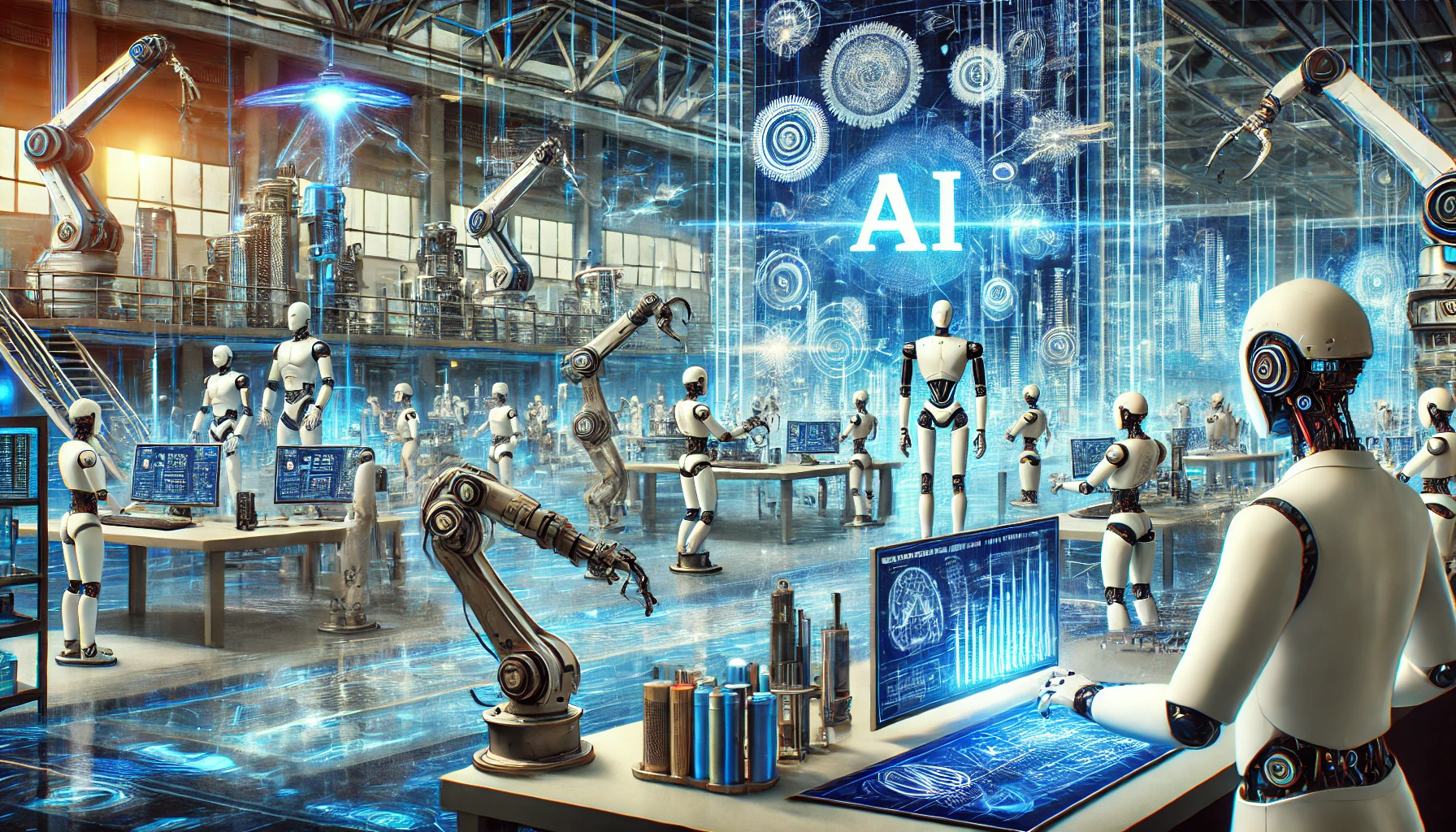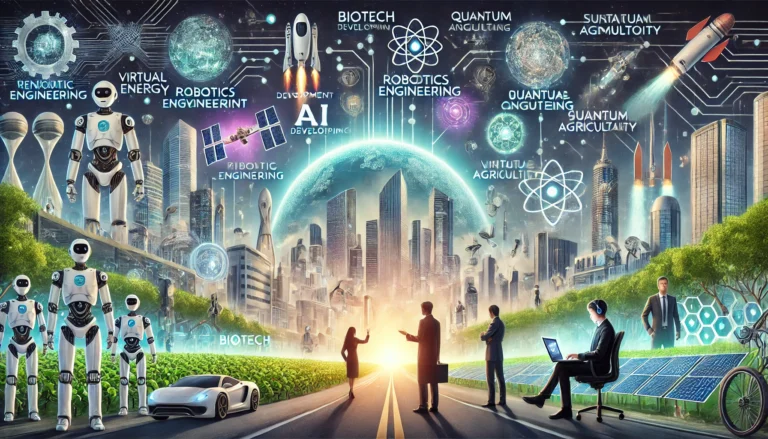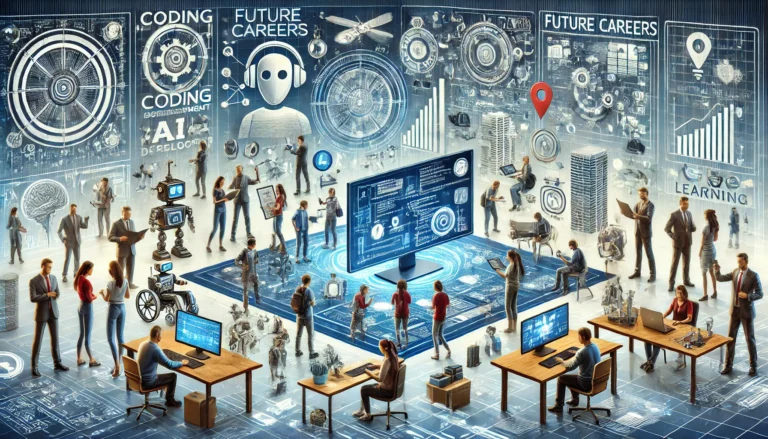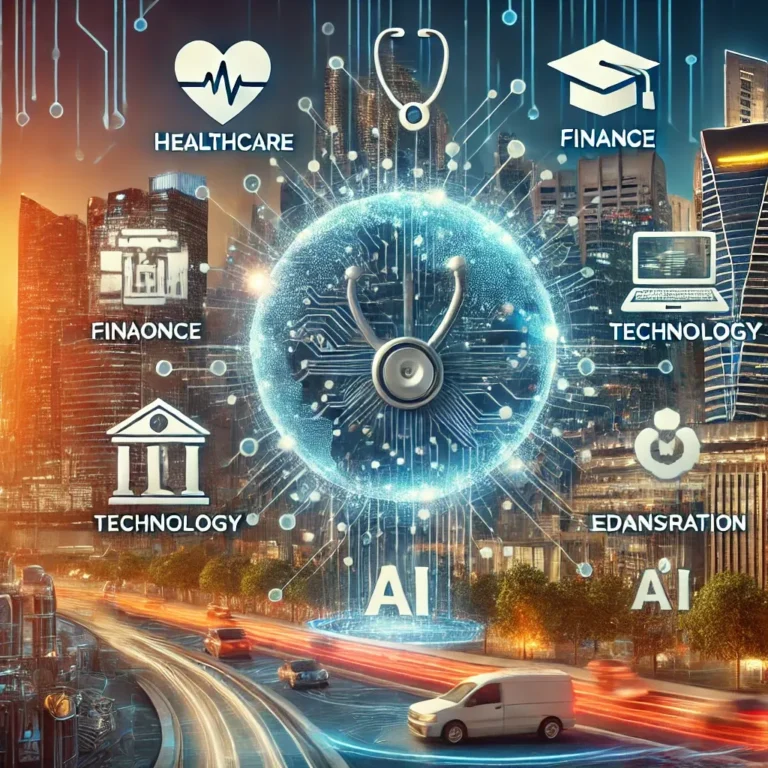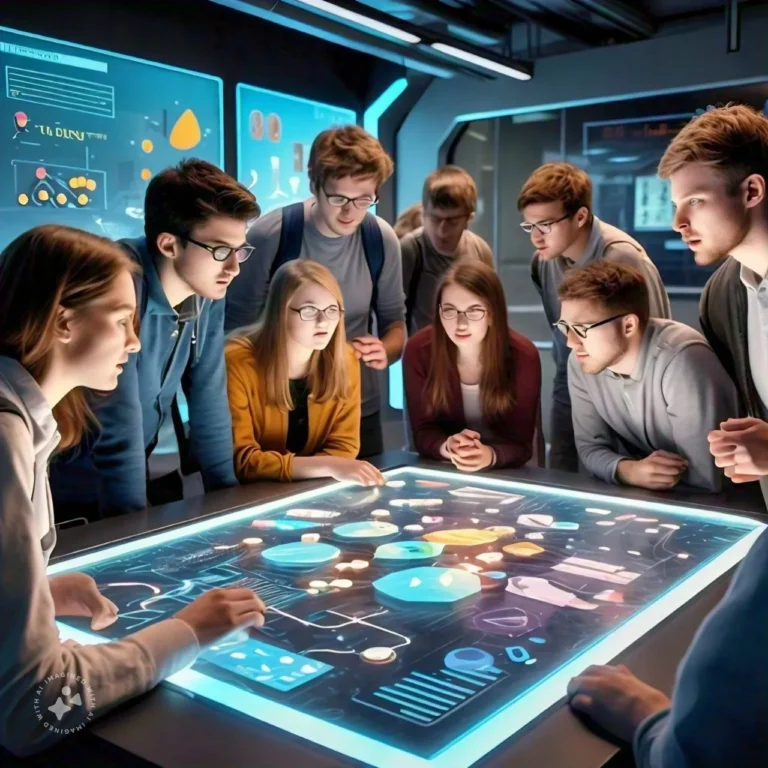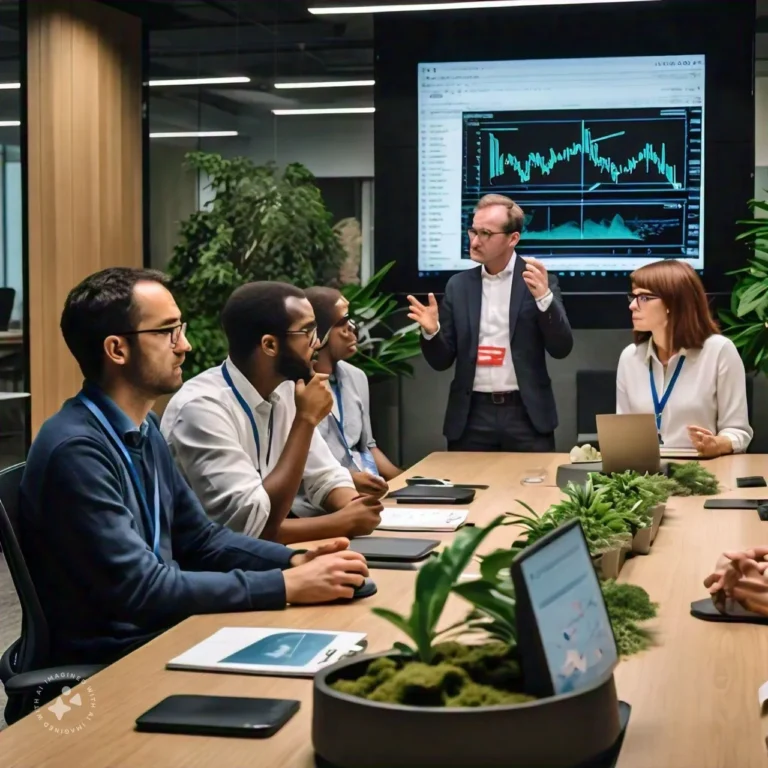Emerging Future Careers in AI, Robotics, and Automation
In the past few years, the buzz around AI, robotics, and automation has skyrocketed. We’re witnessing a technological revolution that’s changing the way we live, work, and even think. What does this mean for future careers? Spoiler alert: It’s creating a whole new set of exciting job opportunities! If you’re someone who loves innovation, technology, and problem-solving, then these fields might just be the perfect playground for you.
Let’s dive into the emerging careers in AI, robotics, and automation and see what the future holds.
Why AI, Robotics, and Automation Matter
The trifecta of AI, robotics, and automation is not just a trend; it’s a paradigm shift. These technologies are already transforming industries like healthcare, manufacturing, retail, and even education. Companies are automating repetitive tasks, using robots to boost efficiency, and leveraging AI to make smarter decisions.
It’s clear: the demand for professionals skilled in these areas is on the rise.
The Growing Demand for AI Skills
The field of artificial intelligence (AI) is exploding. From smart assistants like Alexa and Siri to advanced machine learning models that analyze data at lightning speeds, AI is becoming the backbone of modern technology.
So, what does this mean for career prospects? Plenty of new jobs! AI offers roles that didn’t even exist a decade ago. Let’s break them down.
1. AI Ethicist
Ever wondered who decides if AI is ethical? That’s where AI ethicists come in. These professionals ensure that AI technologies are designed and deployed in ways that are fair, transparent, and socially responsible.
2. Machine Learning Engineer
Machine learning engineers develop algorithms that allow machines to learn from data. Think of them as the architects behind the AI. These engineers work on everything from self-driving cars to recommendation systems on Netflix.
3. AI Data Analyst
Data is the new oil, and AI data analysts know how to drill it! They analyze massive amounts of data, helping businesses extract valuable insights to make informed decisions.
The Rise of Robotics
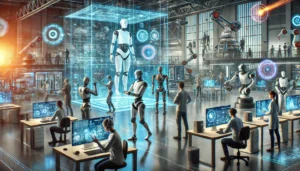
Robots aren’t just in sci-fi movies anymore—they’re in factories, homes, and even hospitals. Robotics is rapidly evolving, and with it comes a new wave of career options.
4. Robotics Engineer
Robotics engineers design and build robots that can perform a wide variety of tasks. Whether it’s a robot that assembles cars or one that assists in surgeries, these engineers are the minds behind the machines.
5. Robotic Process Automation (RPA) Developer
RPA developers create software robots that automate repetitive tasks, such as data entry or invoice processing. These robots increase efficiency and reduce human error, making RPA developers incredibly valuable.
6. Robot Operator
Not every robot runs itself (yet). Robot operators manage the day-to-day functioning of robots, ensuring they run smoothly and troubleshoot any issues that arise.
Automation: The Silent Revolution
Automation is quietly taking over industries, boosting productivity while cutting down costs. The beauty of automation is that it applies to almost any industry—from finance to logistics.
7. Automation Engineer
Automation engineers focus on creating automated systems that optimize processes. These systems can handle anything from managing warehouse inventory to ensuring that production lines run without interruption.
8. Process Automation Consultant
Process automation consultants evaluate existing processes within companies and recommend automated solutions. They are the strategists who find ways to replace manual work with automated tools.
The Convergence of AI, Robotics, and Automation
While AI, robotics, and automation each have distinct applications, they often overlap in exciting ways. Many emerging roles are blending skills from all three fields, offering dynamic career paths.
9. AI and Robotics Research Scientist
This career is ideal for the curious minds out there. Research scientists are at the forefront of developing cutting-edge technologies that combine AI with robotics to create smarter, more autonomous systems.
10. Autonomous Vehicle Technician
Self-driving cars are a prime example of AI, robotics, and automation working together. Autonomous vehicle technicians ensure these cars operate safely and efficiently, bridging the gap between traditional car mechanics and advanced technology.
What Skills Are Needed?
As with any growing industry, there’s a set of specific skills that will set you apart if you’re aiming for a career in AI, robotics, or automation.
11. Programming and Coding
Languages like Python, C++, and Java are essential in these fields. Whether you’re working with machine learning models or building a robotic arm, programming knowledge is non-negotiable.
12. Problem-Solving and Critical Thinking
In these fields, innovation is key. You’ll need to think on your feet and solve complex problems. Whether it’s debugging a software issue or designing a new robot, your ability to troubleshoot will be invaluable.
13. Mathematics and Statistics
AI and robotics are heavily math-driven. A strong foundation in mathematics, especially in areas like linear algebra, calculus, and statistics, is essential.
The Impact on Traditional Jobs
You might be wondering: with so much automation, are traditional jobs at risk? The answer is both yes and no.
14. Job Transformation, Not Job Loss
While automation will indeed replace some repetitive tasks, it will also create new opportunities. For example, a factory worker might transition to a robot supervisor, overseeing machines rather than doing manual labor.
15. Upskilling and Reskilling
To stay competitive, many workers will need to upskill—learning new technologies—or reskill entirely. The good news is that many companies and educational institutions are offering training programs to help professionals transition into these tech-driven roles.
What’s Next for AI, Robotics, and Automation?
The future is bright for these fields. As technology continues to evolve, so will the job market. Expect to see more positions emerge in areas like AI-driven healthcare, smart cities, and advanced robotics.
16. AI in Healthcare
From AI-driven diagnostics to robotic surgeries, the healthcare industry is already seeing massive advancements thanks to AI and robotics. Careers in AI healthcare solutions are expected to grow exponentially.
17. Smart Cities and Urban Automation
Imagine a city where traffic lights adjust in real time, trash collection is automated, and energy usage is optimized through AI. These smart cities are on the horizon, and careers in urban automation will become a hot commodity.
Conclusion: Preparing for the Future
As AI, robotics, and automation continue to reshape industries, it’s crucial to stay ahead of the curve. Whether you’re a student, a professional looking to switch careers, or someone curious about technology, these fields offer vast opportunities.
The key is to embrace continuous learning and stay adaptable. With the right skills, you could be at the forefront of the next technological revolution.
FAQs
1. What are the key skills needed for a career in AI, robotics, or automation?
Programming, problem-solving, and a solid foundation in mathematics are essential skills. You’ll also need to stay updated on the latest technologies.
2. Are traditional jobs at risk due to automation?
While some repetitive tasks may be automated, new job opportunities will emerge in overseeing, maintaining, and improving automated systems.
3. How can I start a career in robotics?
Begin with a degree in engineering, computer science, or a related field. From there, you can specialize in robotics through additional courses or certifications.
4. What industries are most affected by AI and automation?
Industries like healthcare, manufacturing, finance, and logistics are currently seeing the most significant impact from AI and automation.
5. Will AI replace human jobs entirely?
AI and automation will change the job landscape, but they are more likely to transform jobs rather than replace them entirely. Humans will still be needed to manage, innovate, and oversee these technologies.

